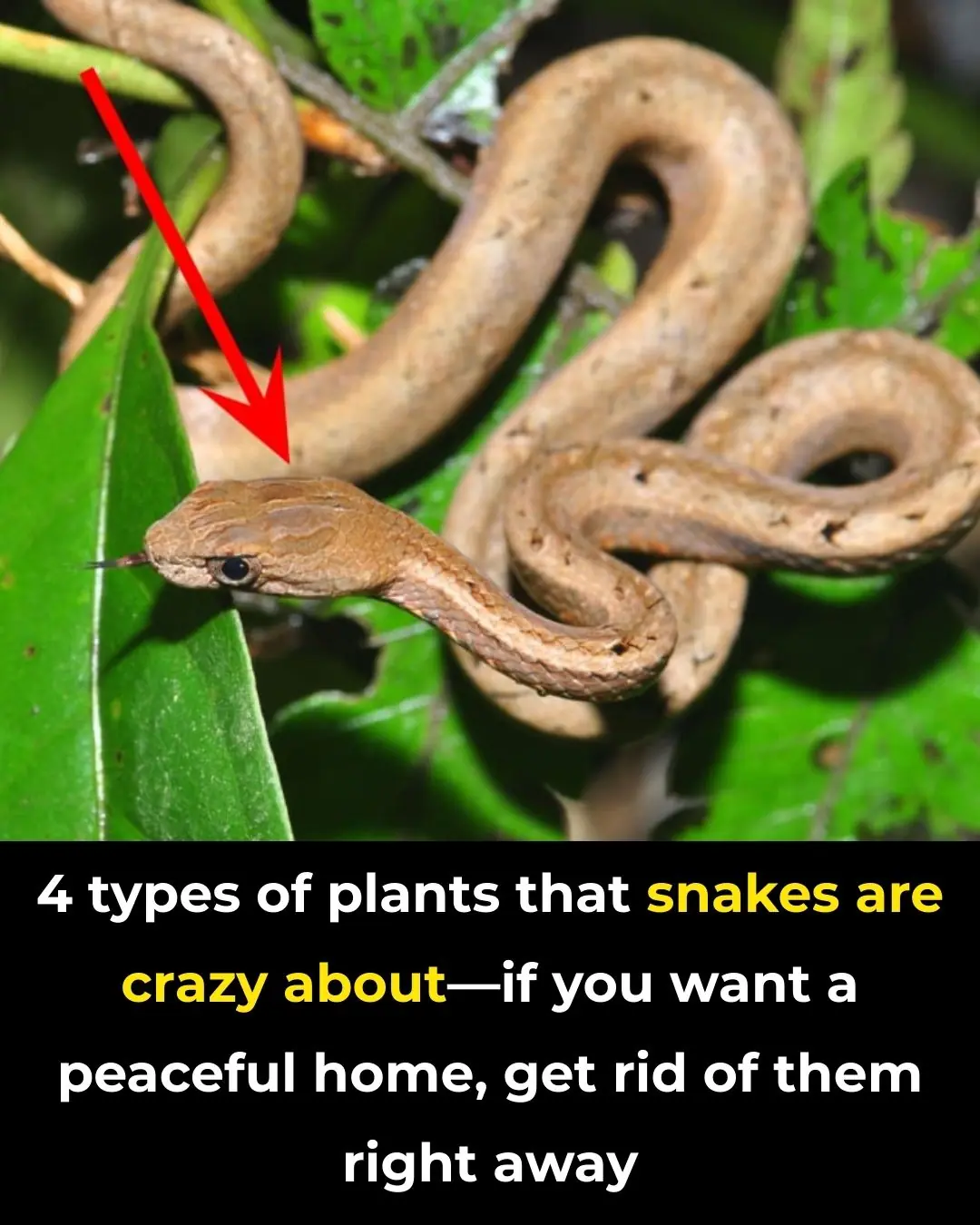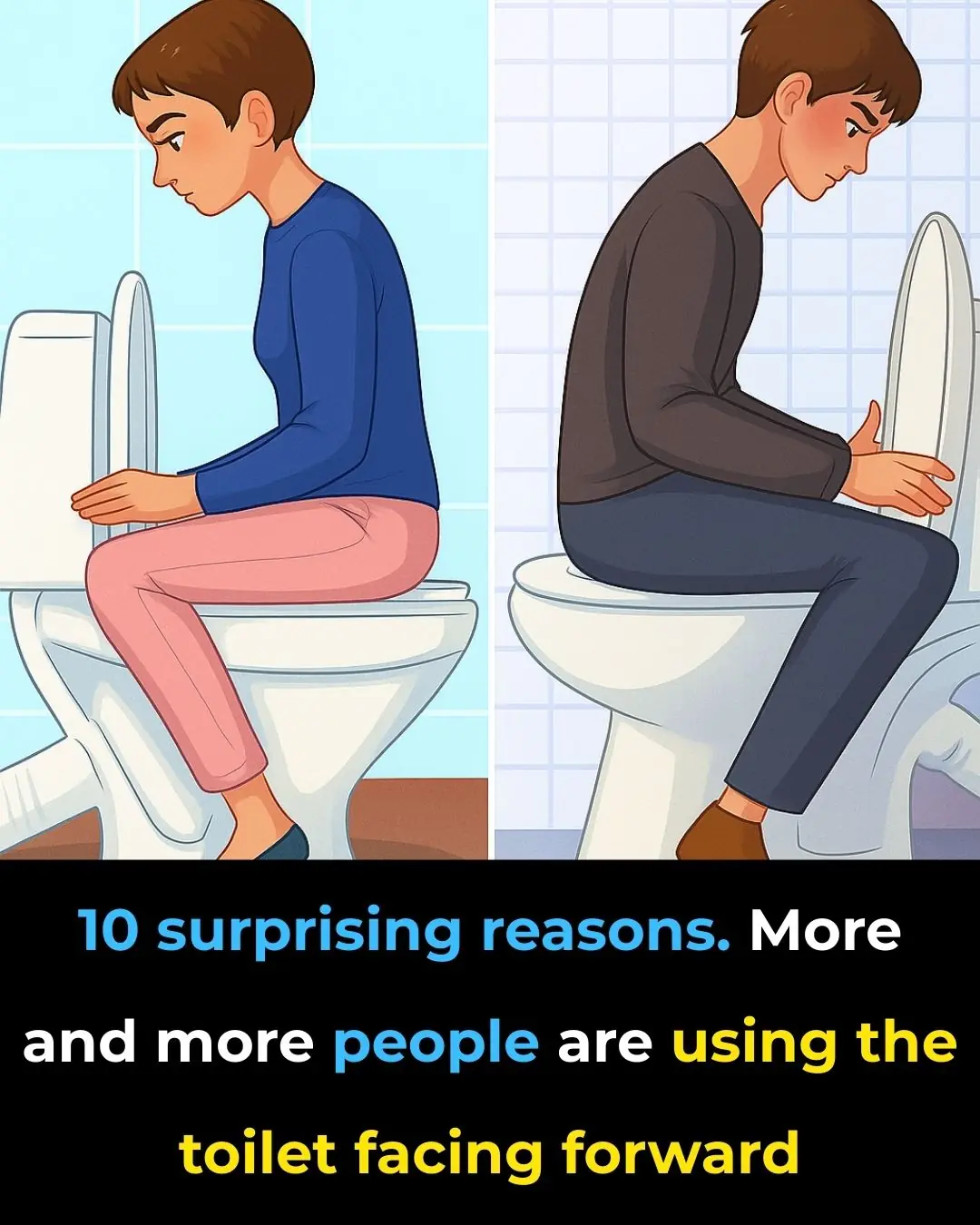
Your Body Holds 7 Octillion Atoms—And Most Are Billions of Years Old
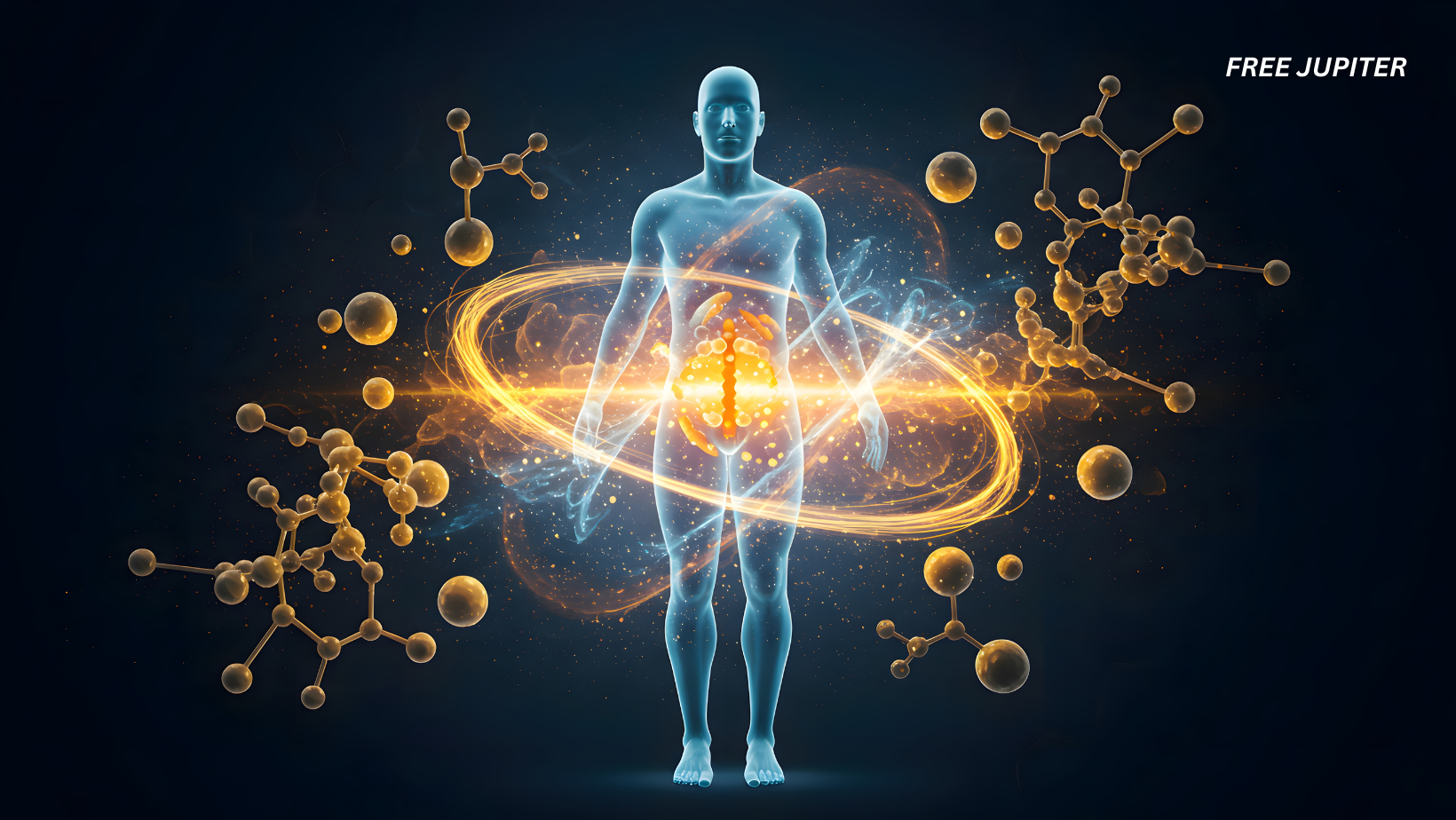
When you think of what it means to be human, you might picture skin, bones, a beating heart, maybe even a thinking brain. But those are just surface-level features. The truth is far more astonishing. Beneath your skin lies an entire universe—a complex, living system composed of ancient stardust, microscopic cities of cells, and trillions of microbial companions. From the first explosion of the Big Bang to the quiet moment you sip your morning coffee, your very existence is the product of an unimaginable cosmic collaboration. Let’s dive into the wonder that is you—a living galaxy in human form.
A Universe Packed Into a Body
Here’s a fact to stretch your imagination: the human body contains approximately 7 octillion atoms—that’s 7,000,000,000,000,000,000,000,000,000. For comparison, that’s more than the number of grains of sand on all the beaches of Earth, and more than all the stars in all the known galaxies.
But where did these atoms come from? Most of the hydrogen in your body—your most abundant element—was created during the Big Bang, nearly 14 billion years ago. The carbon in your DNA and the oxygen you breathe were forged in the hearts of massive stars that exploded in violent supernovae. In a literal sense, you are a recycled remix of the cosmos—ancient matter shaped by time and evolution into a being capable of consciousness, curiosity, and creativity.
You’re not just in the universe. You are the universe, rearranged into the shape of a human life.
The Hidden Factory Within You
Those countless atoms don’t float around aimlessly. They’re arranged into molecules, then built into cells—the microscopic units of life. Your body houses around 30 trillion human cells, working 24/7 to keep you alive, functioning, and adaptable. Every second, around 25 million new cells are born. That means by the time you finish reading this paragraph, millions of brand-new cells have come into existence within your body.
At the core of each of these cells is DNA—your biological instruction manual, coding for every function and feature. But here’s where it gets more fascinating: only a fraction of the cells in your body are truly you.
Your Invisible Companions
For every human cell in your body, there’s at least one microbial cell—tiny bacteria, viruses, fungi, and archaea. This thriving community is called your microbiome, and it’s one of the most overlooked yet vital parts of your being. It contains an estimated 39 trillion microbial cells and harbors more than 2 million unique genes—that’s around 500 times more genetic material than your own DNA.
These microbes live on your skin, in your mouth, throughout your digestive system, and practically everywhere inside you. And they aren’t just freeloaders—they digest your food, train your immune system, manufacture vitamins, and even affect your mood, memory, and behavior. In short, you're not just an individual. You're a collective—a living partnership of species coexisting in harmony.
You, the Ecosystem
Think of yourself not as a single organism, but as a planet with diverse ecosystems. Your armpits are humid jungles, your hands resemble arid deserts, and your gut is a dark, warm cave teeming with microbial life. Even your two palms have unique microbial fingerprints—only about one-sixth of the microbes on one hand are found on the other.
These microbial communities are incredibly diverse. In terms of species variety, your body rivals the biodiversity of tropical rainforests. You’re an environment where countless life forms thrive, evolve, and interact.
Why Your Gut Deserves the Spotlight
Among all your internal landscapes, your gut microbiome is the crown jewel. It houses the majority of your microbial population and is crucial to your overall health. Your gut microbes help break down complex food, extract nutrients, and regulate fat storage. They even play roles in mood regulation by producing neurotransmitters like serotonin.
Think of your gut as your body's central headquarters for immune defense and communication. An imbalance in gut flora can contribute to chronic diseases, allergies, autoimmune conditions, and even depression. Taking care of your gut is, in many ways, taking care of your entire body.
Living in Symbiosis
Biologists use the term symbiosis to describe the mutually beneficial relationship between organisms. Your relationship with your microbiome is one of the most elegant examples of symbiosis in nature. These microbes are your first companions—from birth (and possibly even before)—and they stay with you until your final breath.
When you eat, they feed too. When you travel, they adapt. And when you die, they help return your body to the Earth, completing the circle of life. You are, as science writer Ed Yong beautifully puts it, "a world in a single body."
The Bigger Picture: Every Life Is a Universe
If one person is a world, then humanity is a galaxy—a vast constellation of unique biological ecosystems. This perspective casts a powerful light on the tragedy of war, violence, and suffering. In every conflict—from Gaza to Ukraine, from forgotten villages to crowded cities—when a life is lost, it's not just a person who disappears. It’s an entire universe: a constellation of atoms, cells, thoughts, memories, dreams, and microbiomes wiped from existence.
A child lost to war is a galaxy never fully formed. An adult killed by violence is a complex world of stories, experiences, and inner ecosystems, gone forever. The destruction of human life is the destruction of countless invisible worlds.
This realization calls for more than sympathy—it demands collective responsibility. We are not isolated beings. We are all part of one enormous, interconnected system. The failure to protect even one life is a failure to protect the fragile miracle of existence itself.
The Poetry of Being Human
To be human is to embody paradox. You are composed of ancient matter, yet constantly regenerating. You are full of life, yet made of dead stars. You are a host to trillions of others, yet often feel alone. Your inner ecosystems work without your awareness, powering every smile, every scar, every second of your life.
You are skin and stardust, emotion and electricity, memory and mitochondria. A sentient system of symbiosis, shaped by both biology and story. You are not a machine—you are a masterpiece of evolution, wonder, and complexity.
The Scientific Miracle of You
Your body is not just a physical shell—it is a symphony of systems playing in perfect tune, a story of survival told through molecules and microbes. From the Big Bang to the bacteria in your gut, your life is a product of billions of years of cosmic history.
Understanding this doesn’t just deepen our appreciation of the human body—it reveals how fragile, interconnected, and miraculous it all really is. Science doesn't reduce your humanity; it elevates it, showing just how rare and precious your existence truly is.
So the Next Time You Look in the Mirror…
Don’t just see skin, eyes, or a familiar reflection. See the story of the universe written in your bones. See the 7 octillion ancient atoms that once drifted through exploding stars, now assembled in the form of you. See a sentient constellation, shaped by time and biology, held together by gravity and love.
You are not just in the universe.
You are the universe—conscious, complex, and alive.
News in the same category

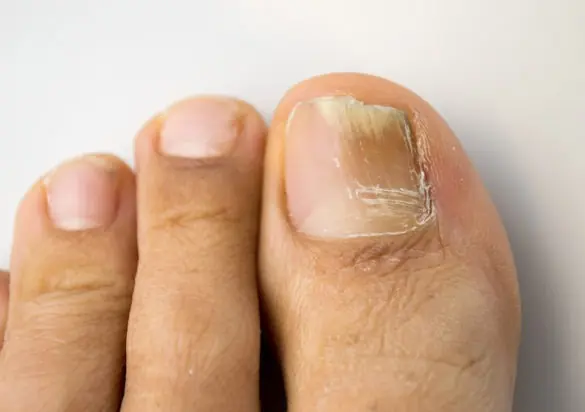
Brittle Nails, Dry Hair? You’re Missing Out on These Vital Vitamins, Says Science!
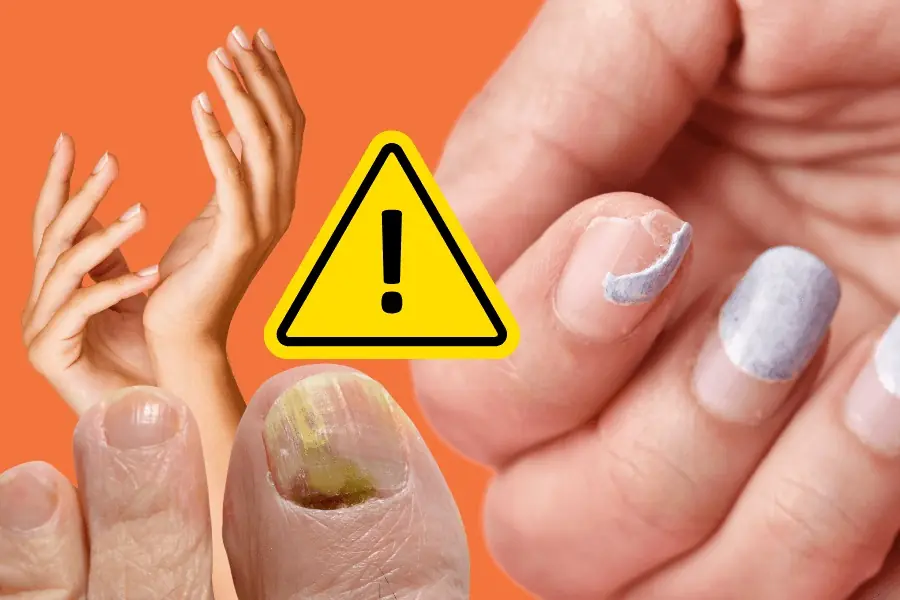
Experts Reveal 11 Hidden Health Warnings You Can Spot Just by Looking at Your Nails
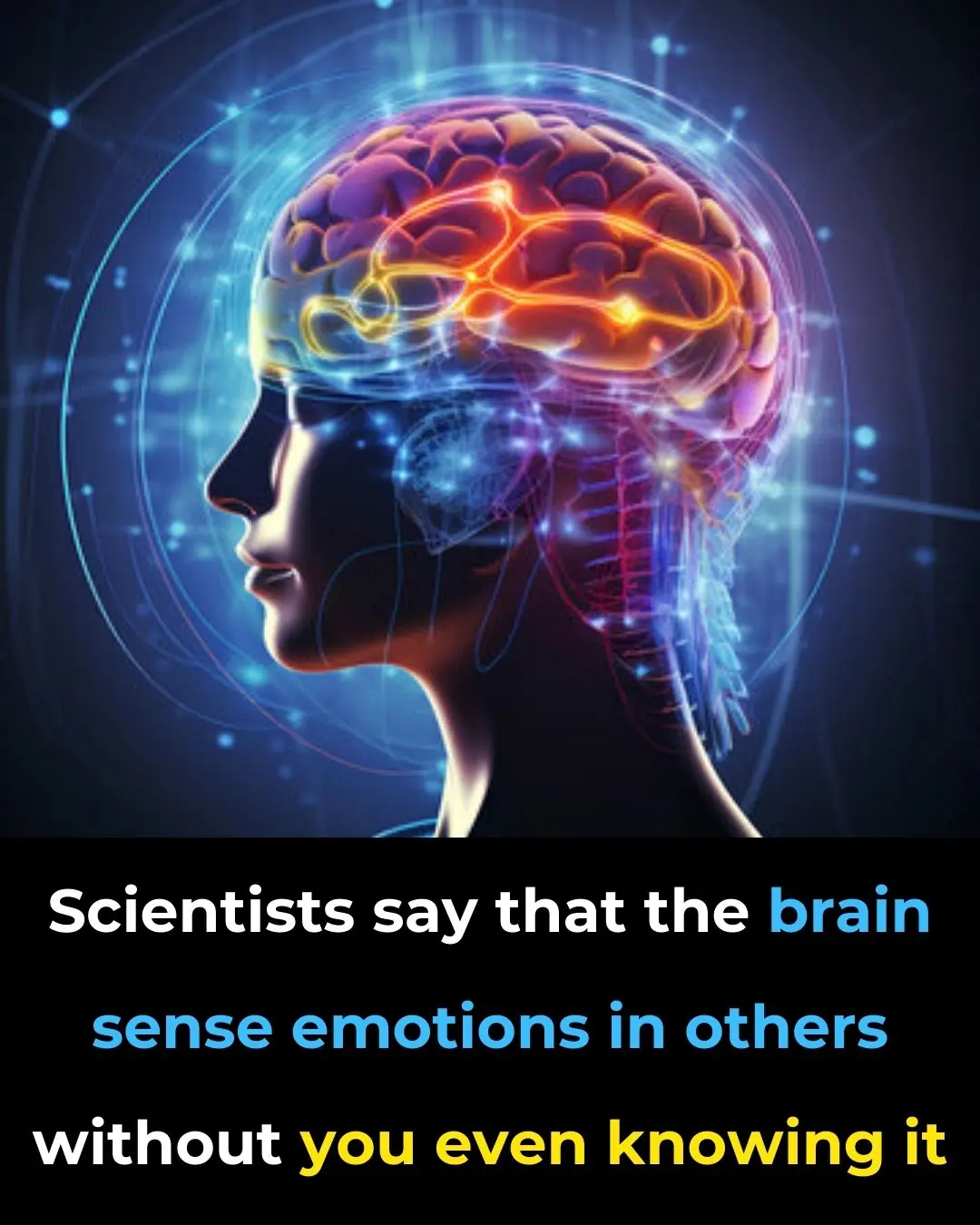
Scientists Say That The Brain Senses Emotions In Others Without You Even Knowing It
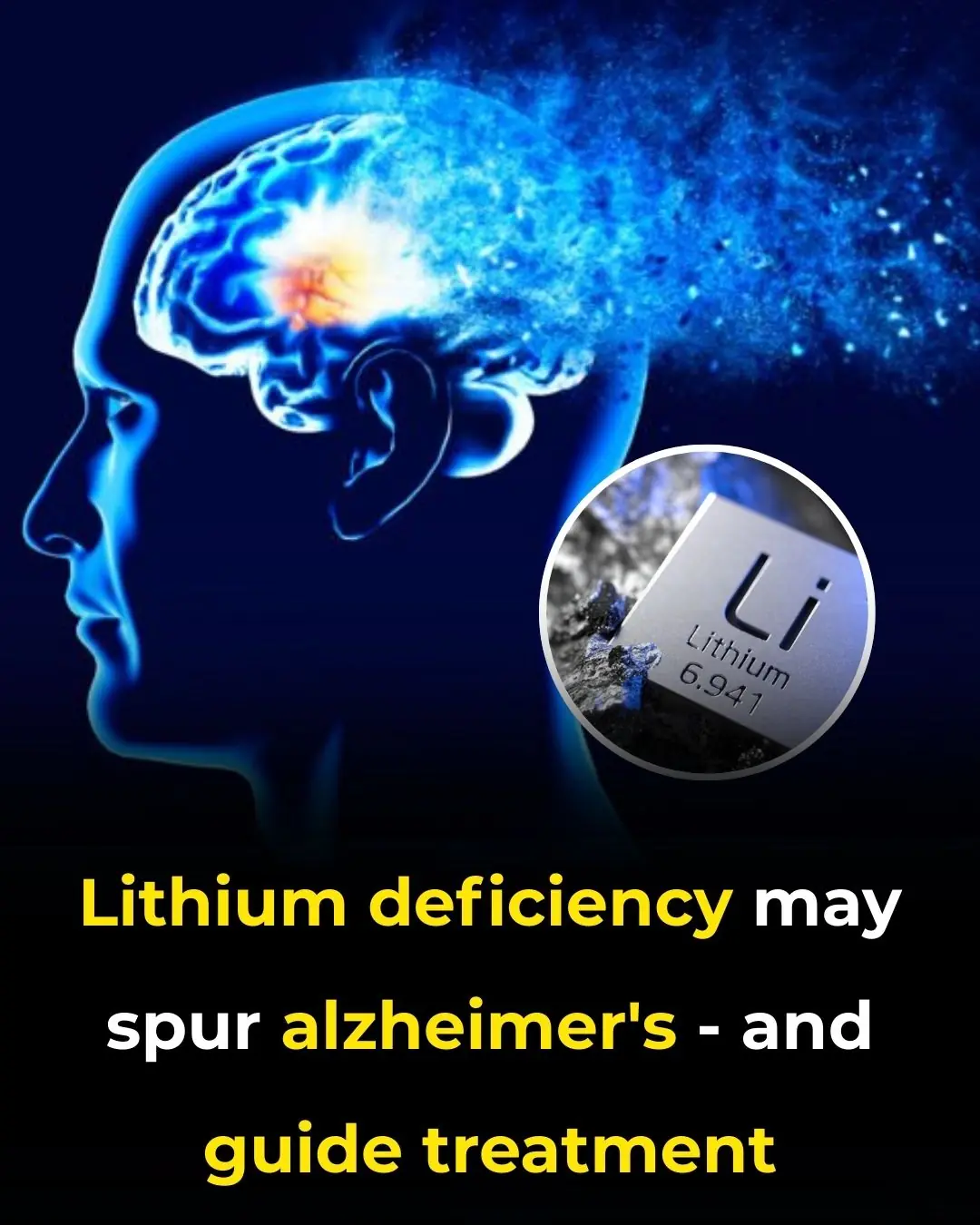
Lithium Deficiency May Spur Alzheimer’s — and Guide Treatment
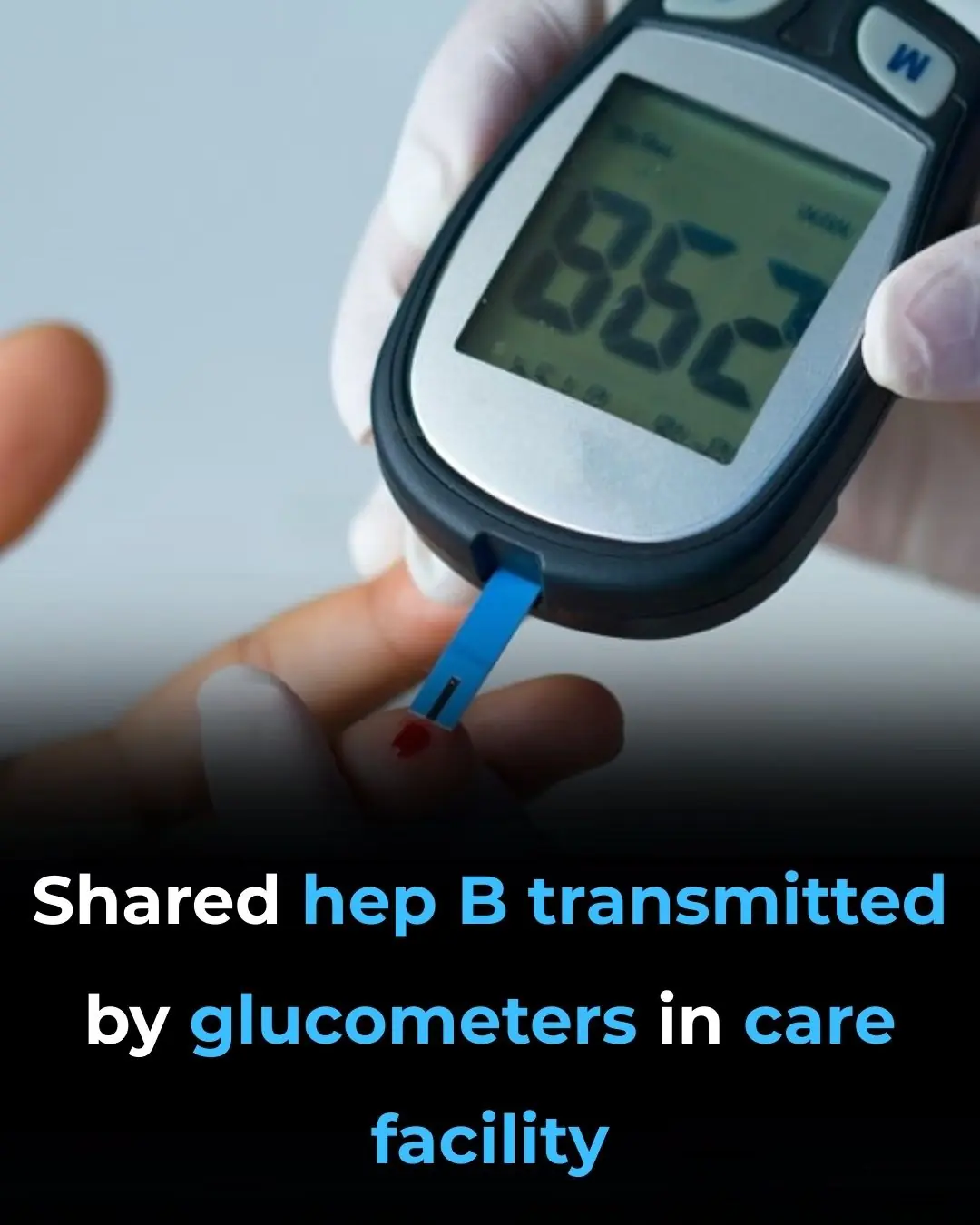
Hep B Transmitted by Shared Glucometers in Care Facility
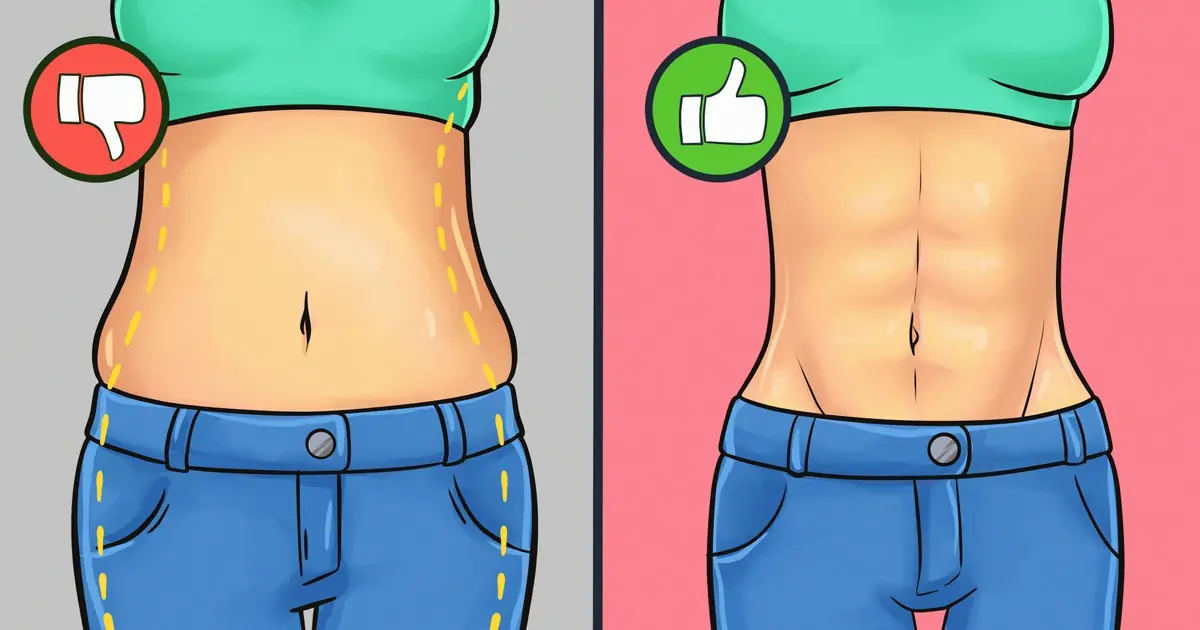
8 Foods Scientists Say You Must Avoid for a Flat Stomach!

The First Warning Signs of Lung Disease That No One Talks About
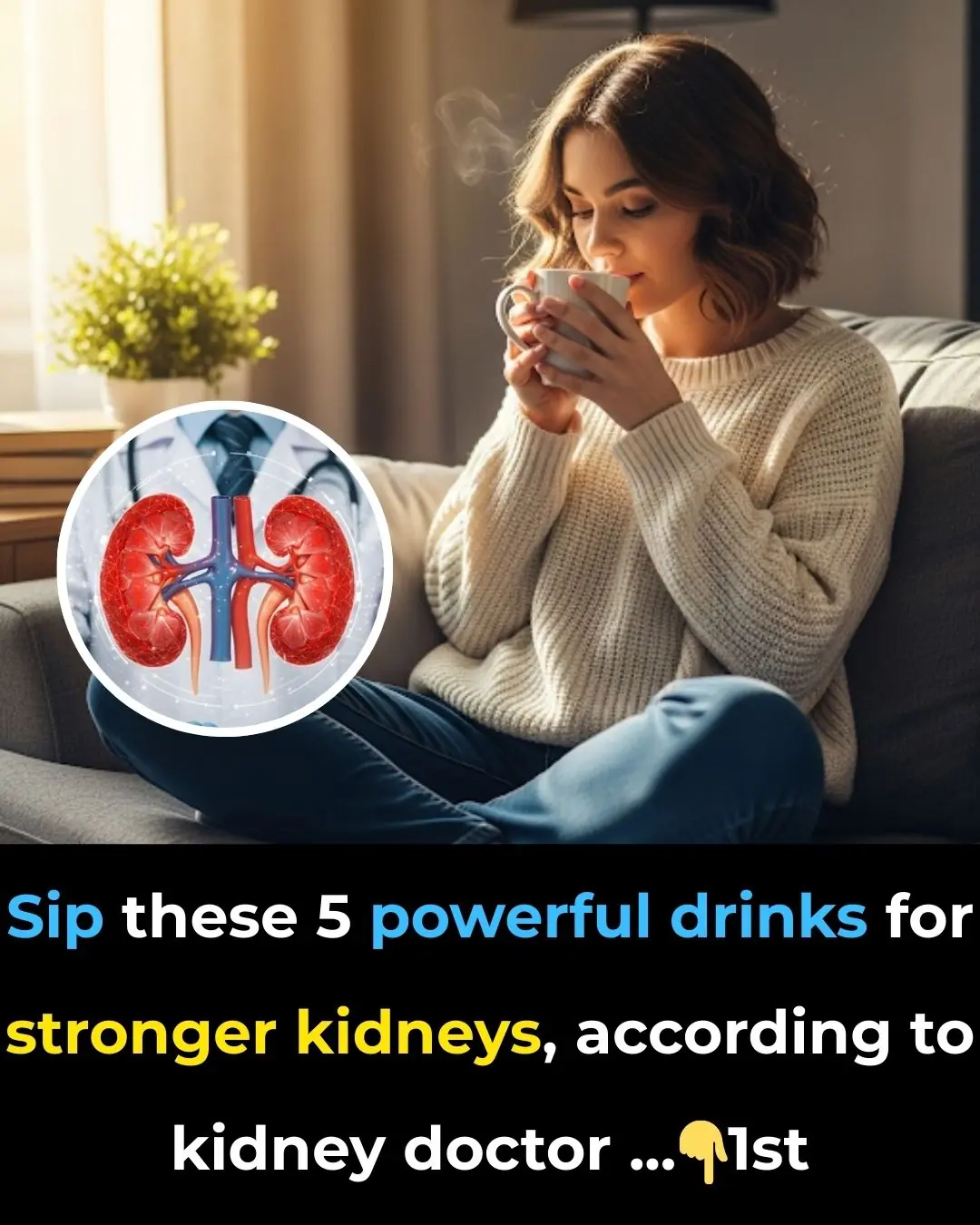
Sip these 5 powerful drinks for stronger kidneys
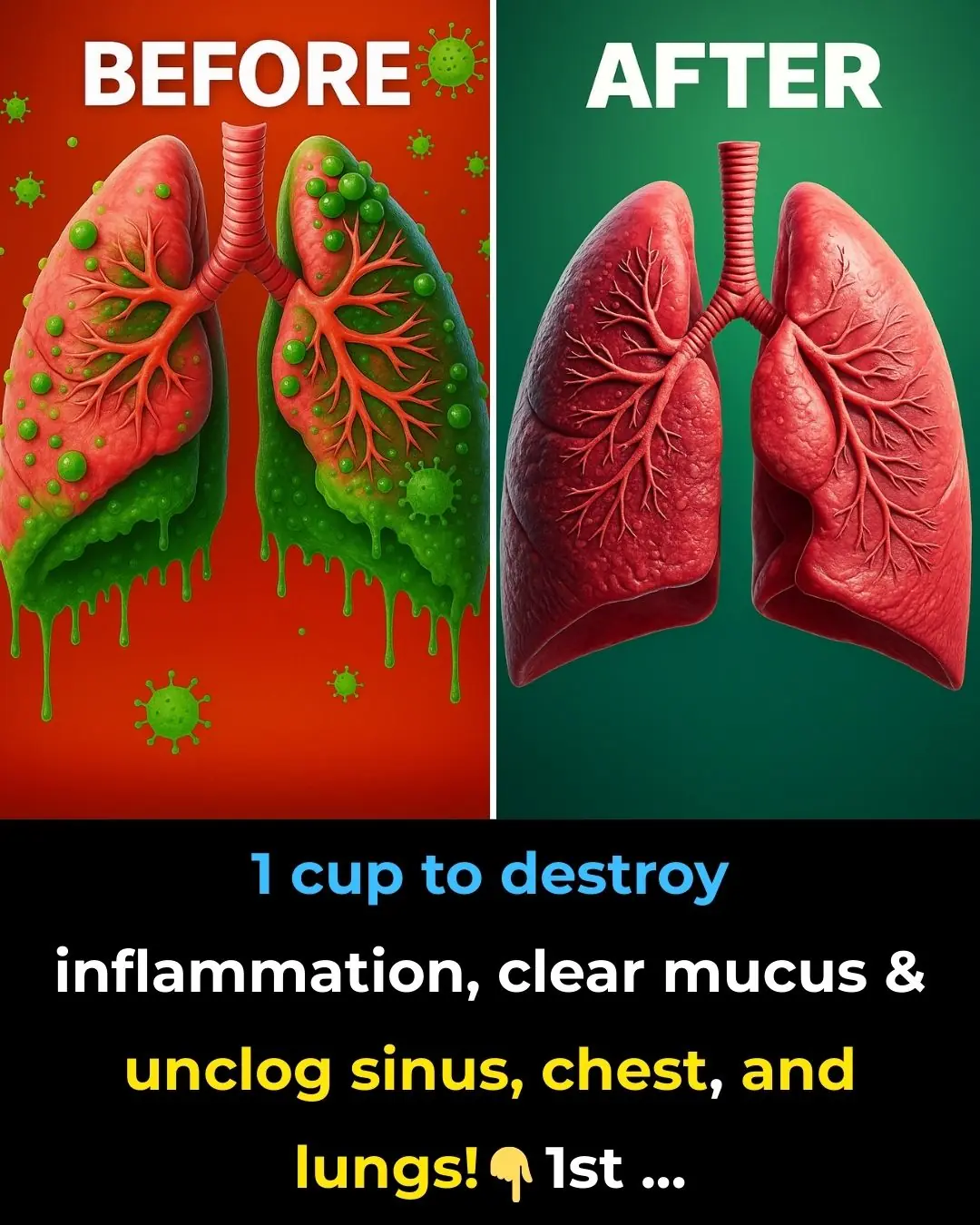
1 cup to destroy inflammation, clear mucus & unclog sinus, chest, and lungs!
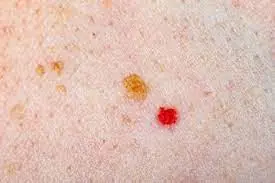
Red Spots on Skin: Causes, Treatments, and More (Extensive Guide)
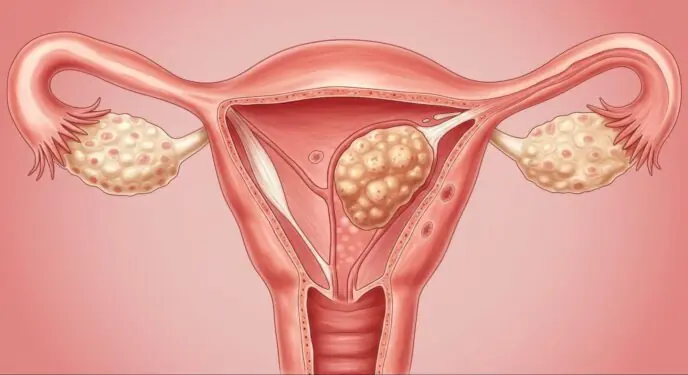
7 Warning Signs You May Have Uterine Fibroids
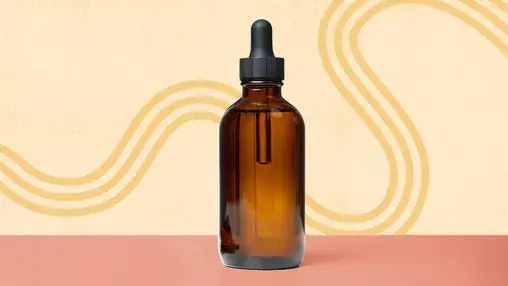
Parasite Cleanses: Do They Really Improve Your Gut Health — and Are They Safe?

8 Teas to Drink for a Healthier Body and Mind
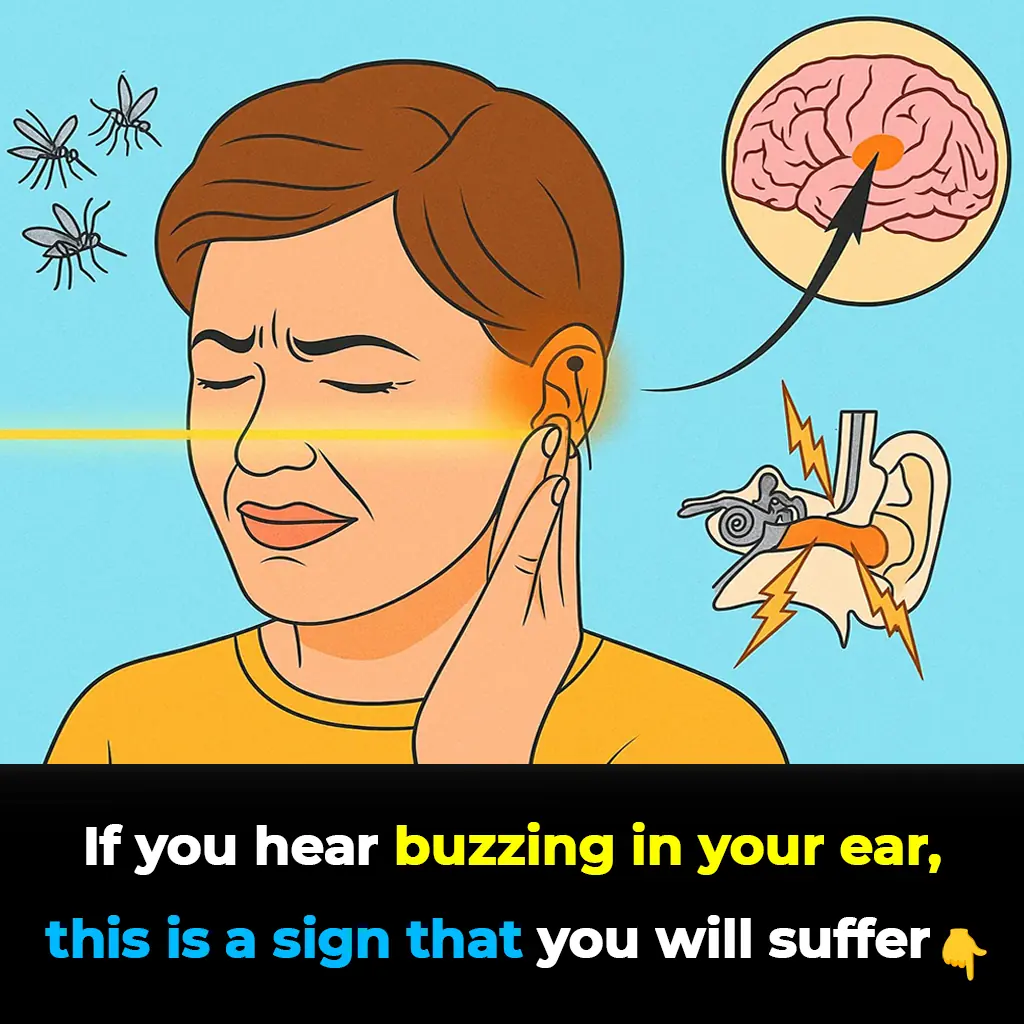
The Hidden Truth About Tinnitus: Why That Ringing in Your Ears Shouldn’t Be Ignored
Over time, repeated noise trauma damages tiny hair cells inside the cochlea, which cannot regenerate, resulting in permanent hearing changes and tinnitus.
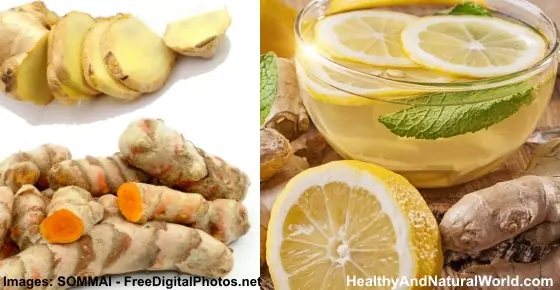
DIY Turmeric & Ginger Shots to Fight Inflammation, Boost Immunity & Soothe Your Gut

Coconut water: Is It Good for You, Nutrition, Benefits, Side Effects (Science Based)
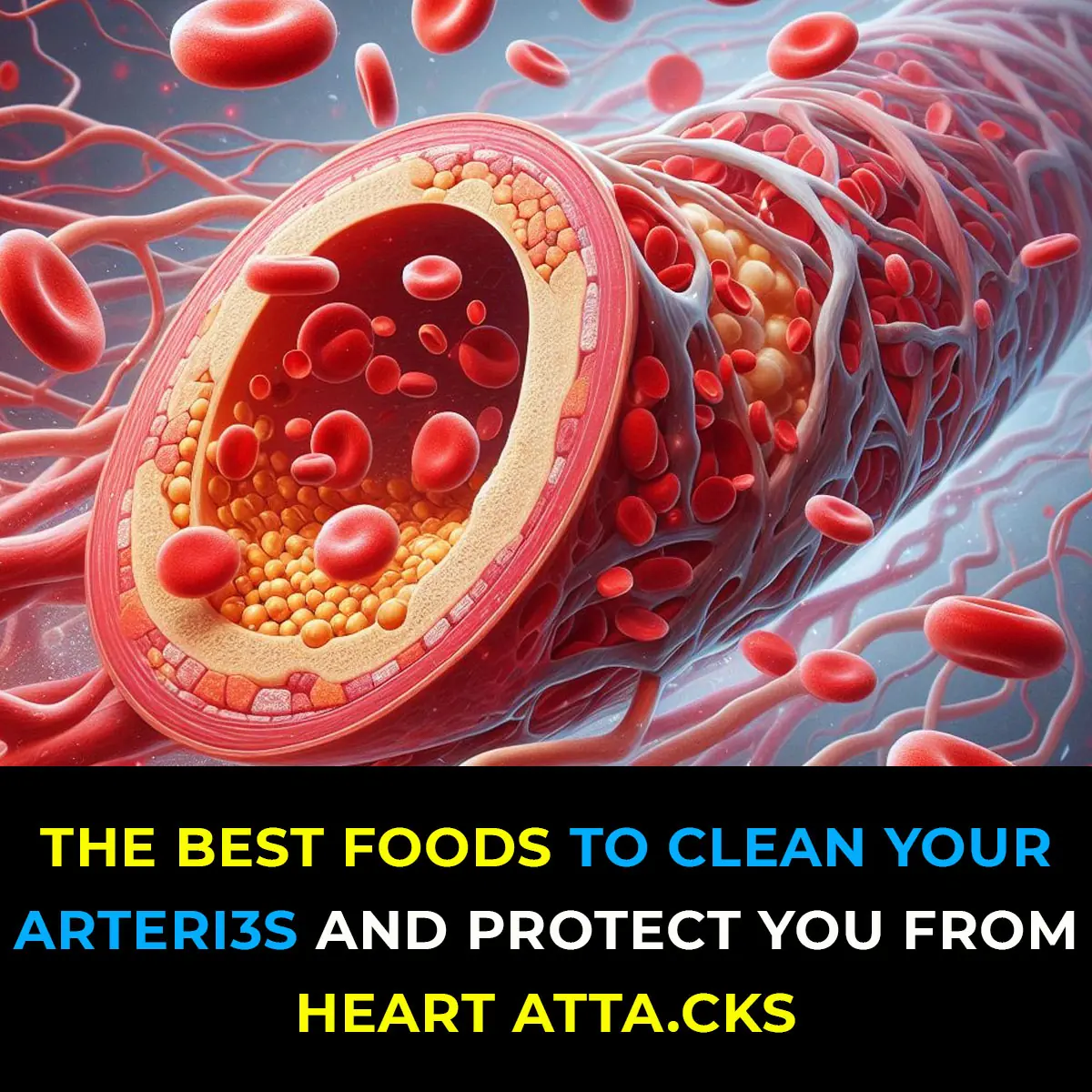
Clean Arteries: 10 Foods to Eat Daily
News Post

Dogs Can Tell If A Person Is Good Or Bad

Panic on P:0rnh:ub as adult site reports it's losing one million users every single day

Surprising Benefits of Sitting Facing Forward on the Toilet

New Jersey man d:i:es while traveling to meet AI chatbot he fell for

Brittle Nails, Dry Hair? You’re Missing Out on These Vital Vitamins, Says Science!

Experts Reveal 11 Hidden Health Warnings You Can Spot Just by Looking at Your Nails
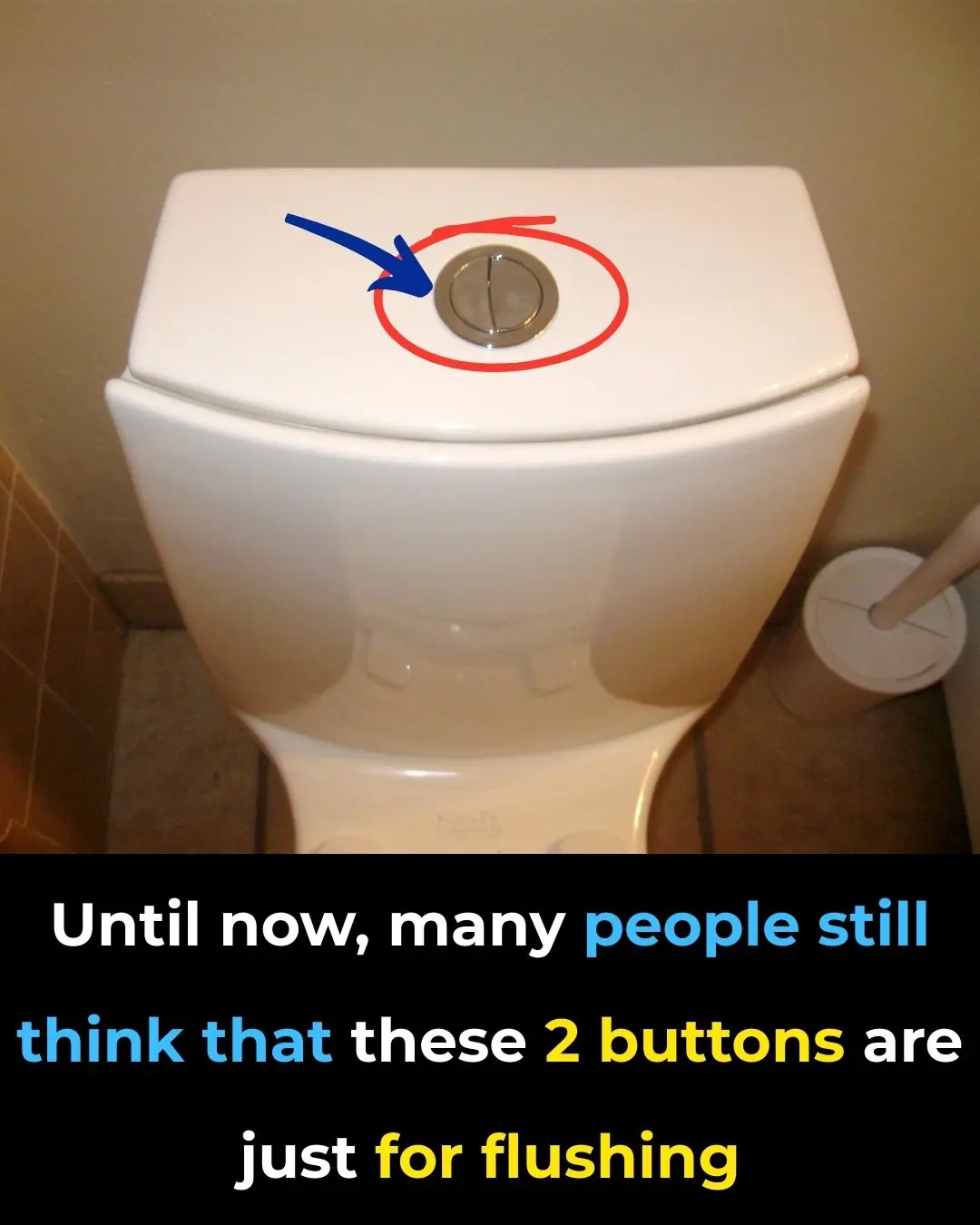
What’s the Purpose of Dual-Flush Toilet Buttons?
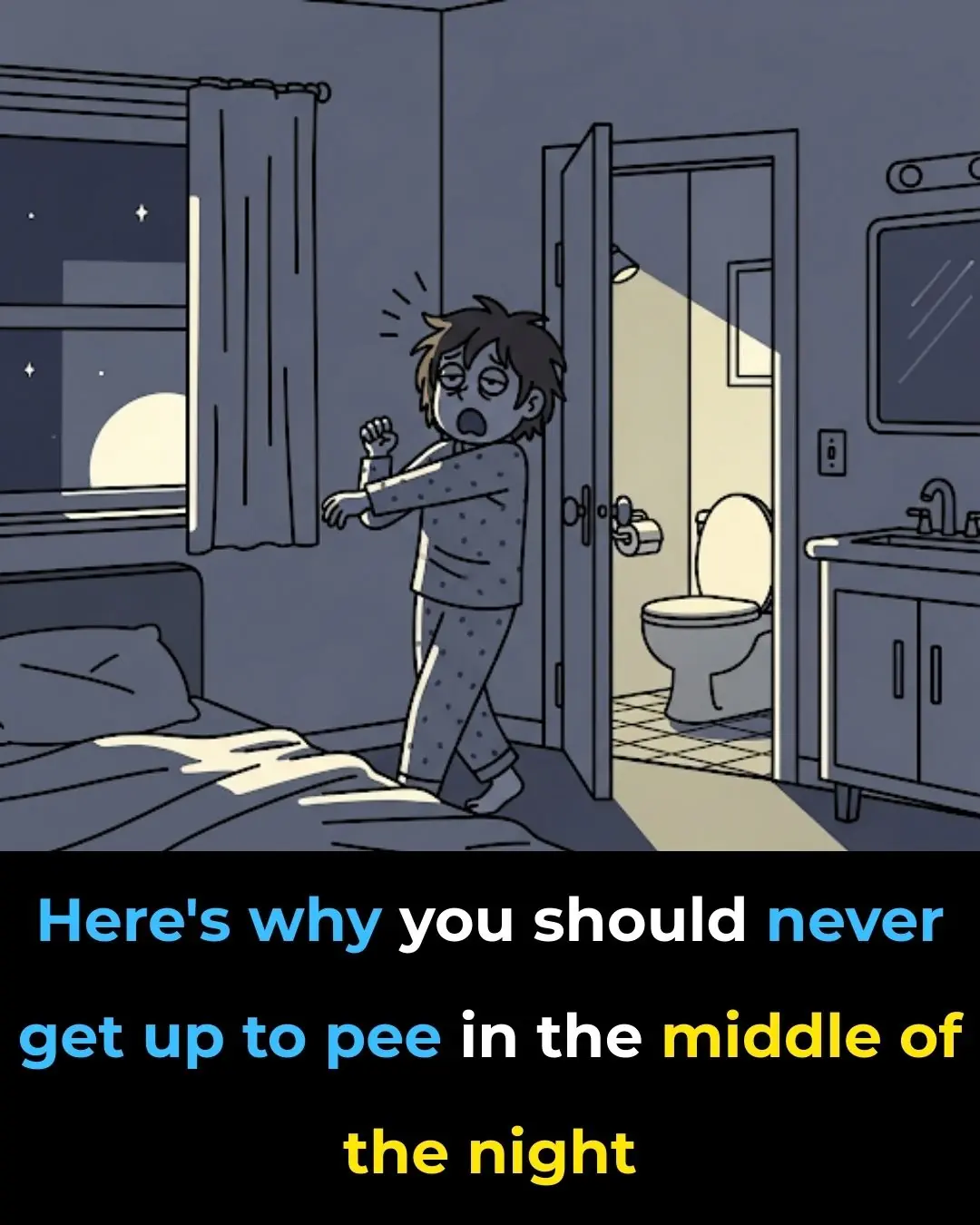
Why You Should Stop Waking Up to Urinate

Scientists Say That The Brain Senses Emotions In Others Without You Even Knowing It

Lithium Deficiency May Spur Alzheimer’s — and Guide Treatment

Hep B Transmitted by Shared Glucometers in Care Facility
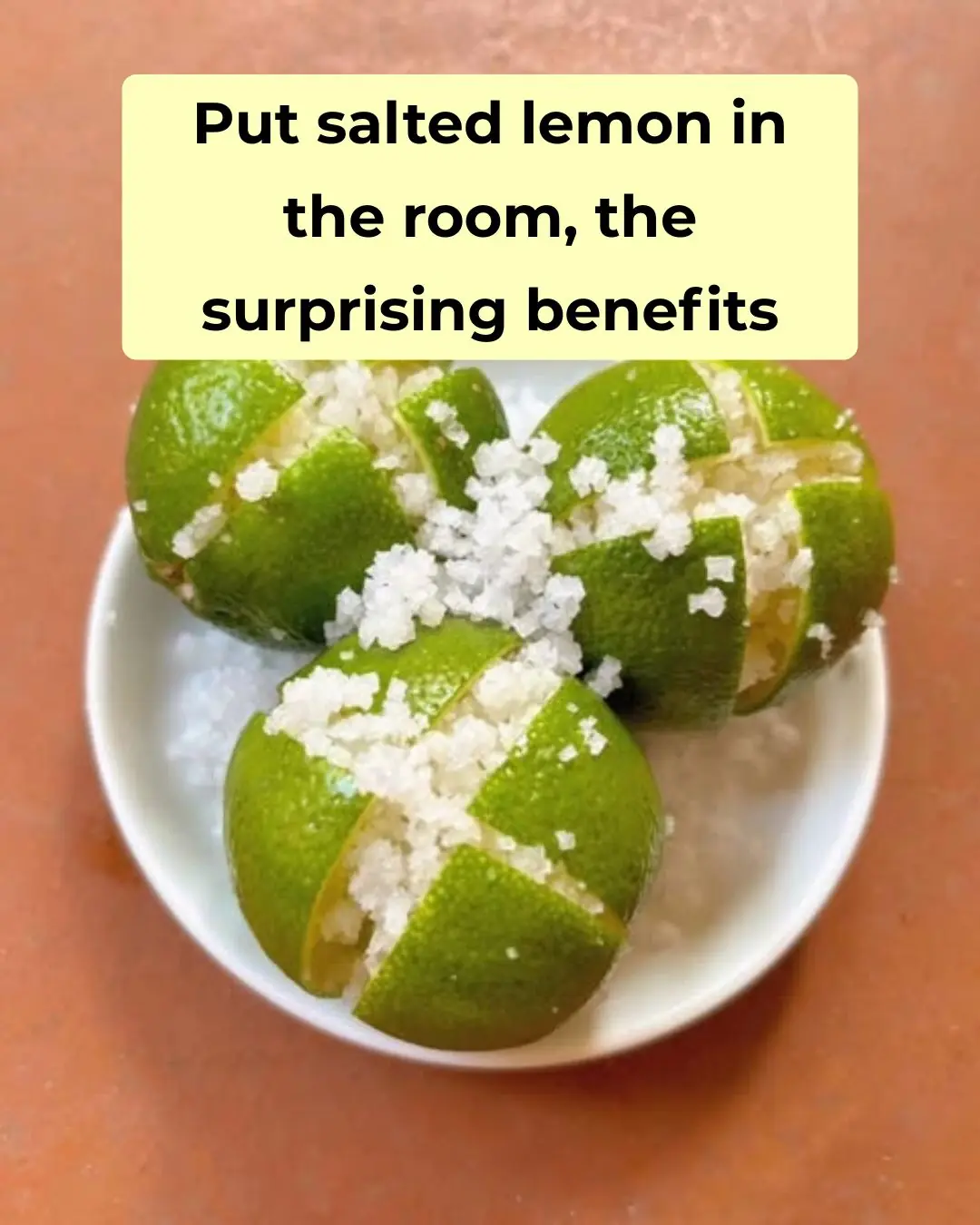
Put Salted Lemon in the Room—The Surprising Benefits
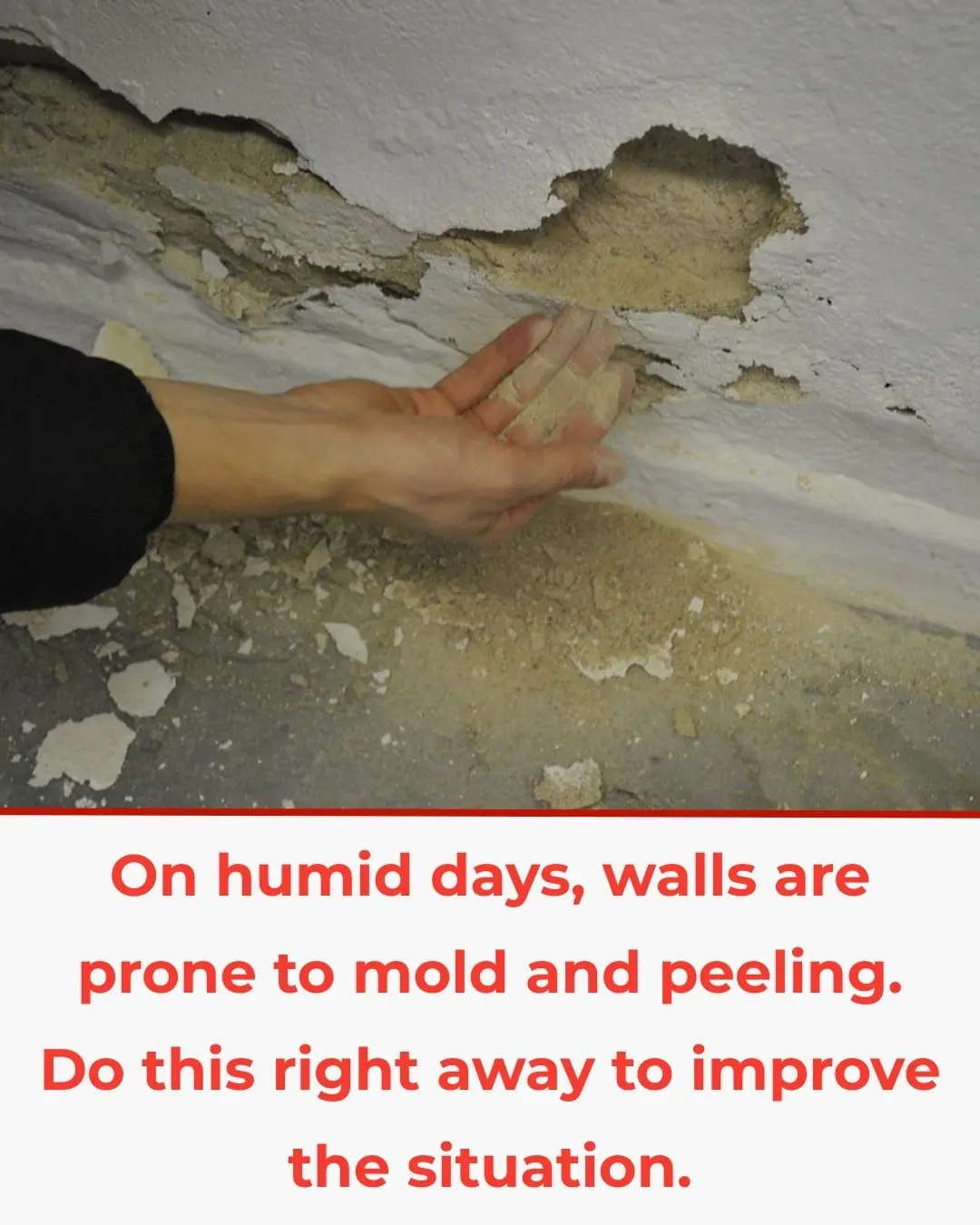
On Humid Days, Walls Are Prone to Mold and Peeling—Do This Right Away to Improve the Situation
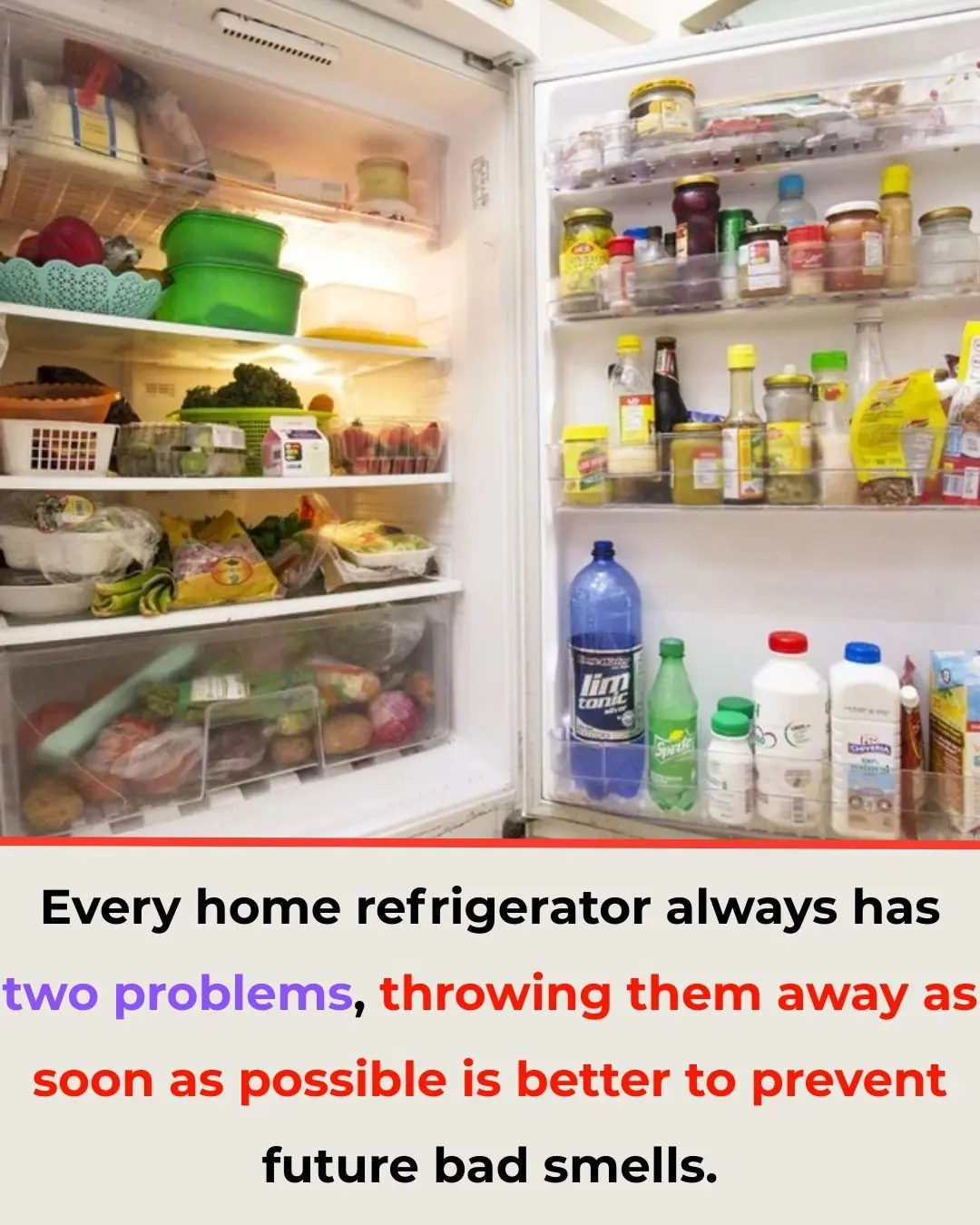
Every Home Refrigerator Always Has Two Problems—Throw Them Away as Soon as Possible to Prevent Future Bad Smells
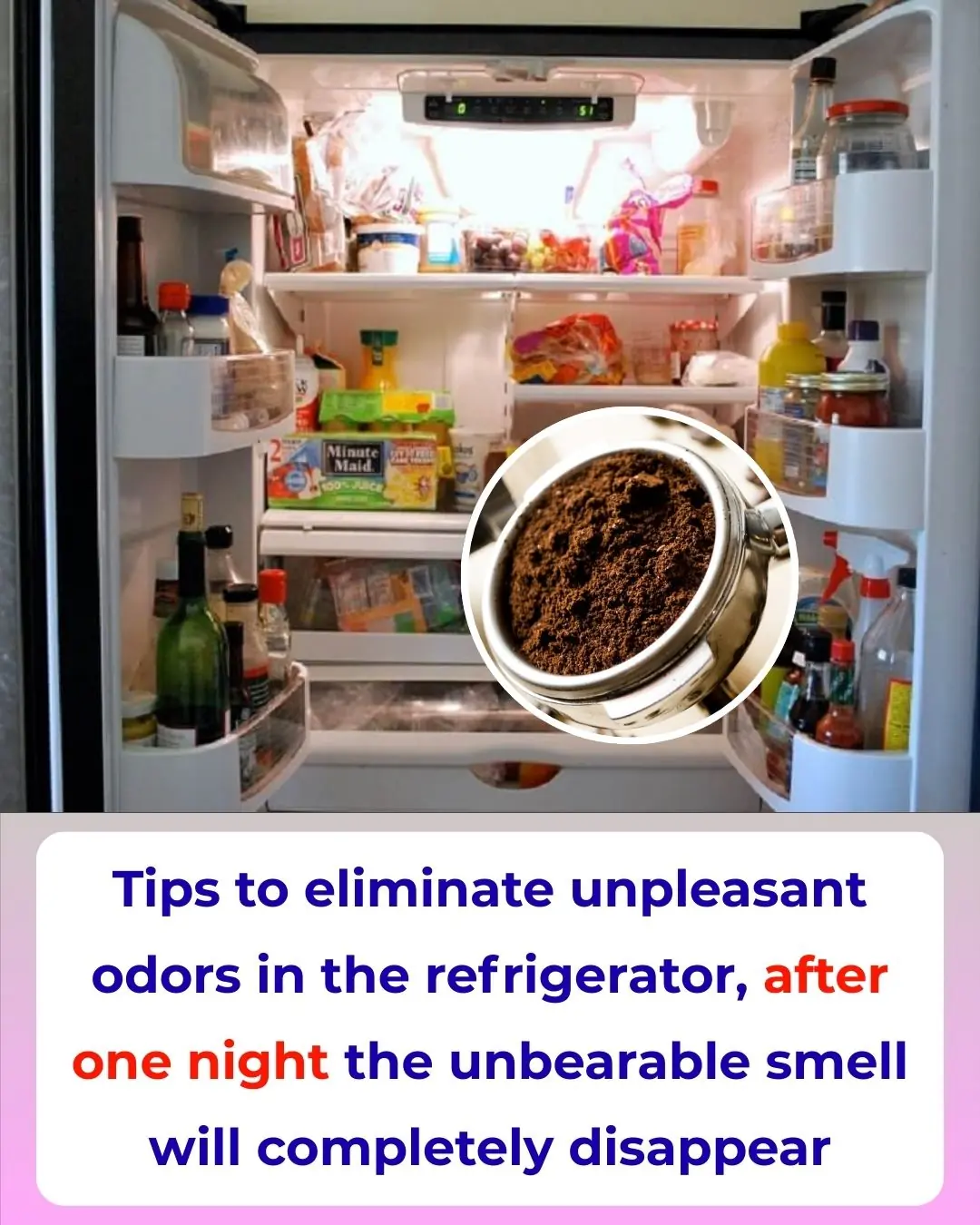
Tips to Eliminate Unpleasant Odors in the Refrigerator—After One Night, the Unbearable Smell Will Completely Disappear

Tips for Cleaning an Air Fryer Without Scrubbing, Yet It Still Looks As Good As New
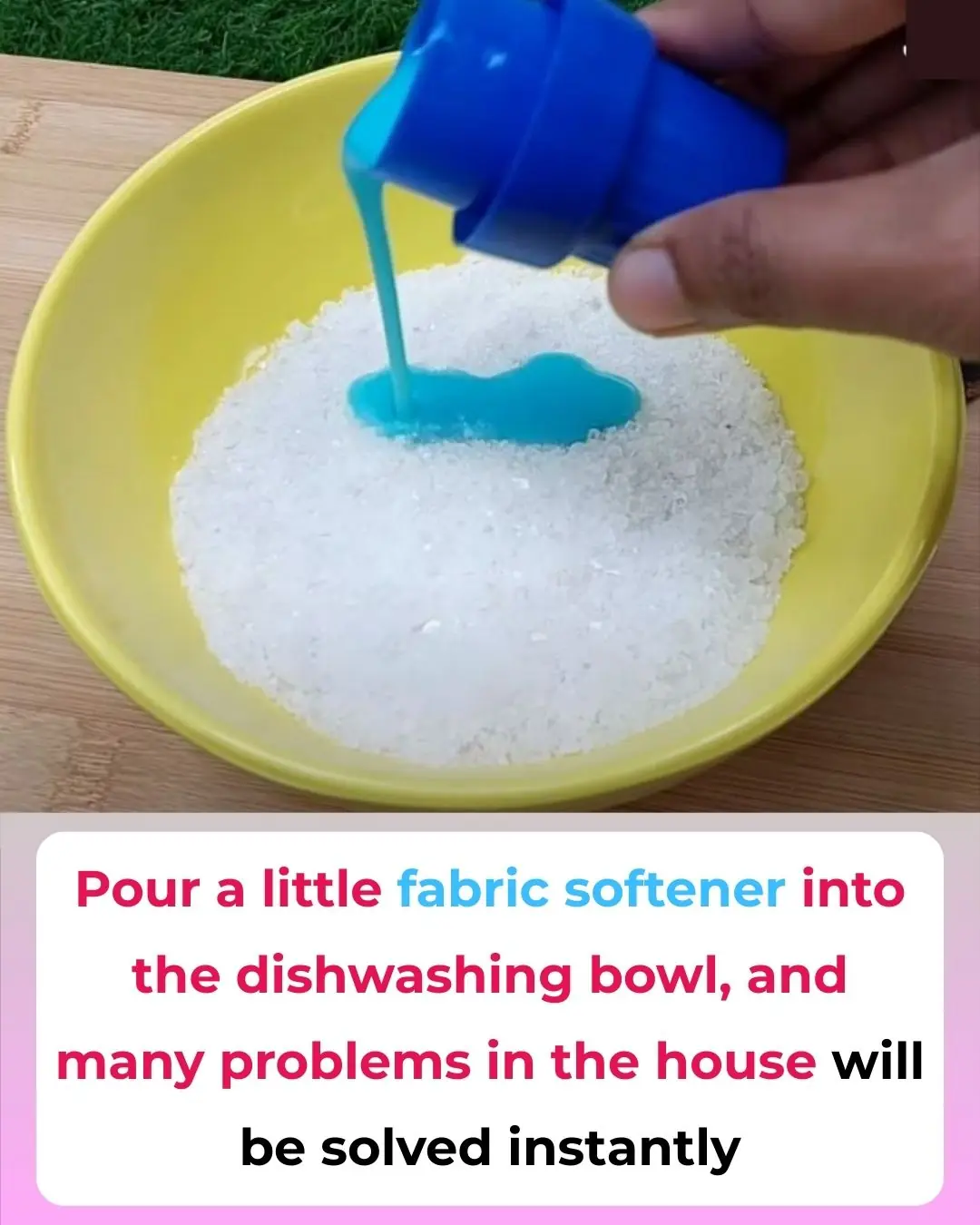
Pour a Little Fabric Softener into the Dishwashing Bowl, and Many Problems in the House Will Be Solved Instantly

Save Millions on Electricity Bills Every Year by Knowing How to Clean the Bottom of the Rice Cooker
